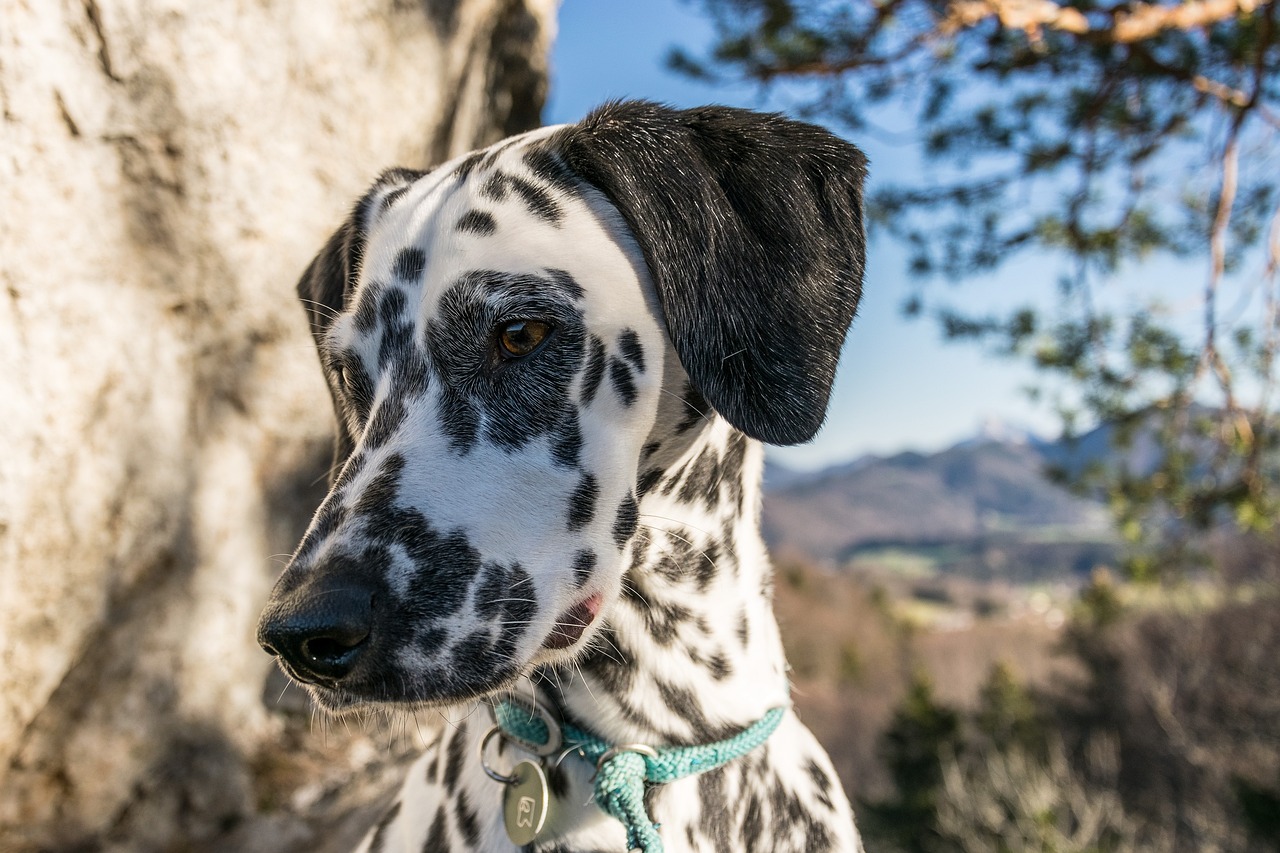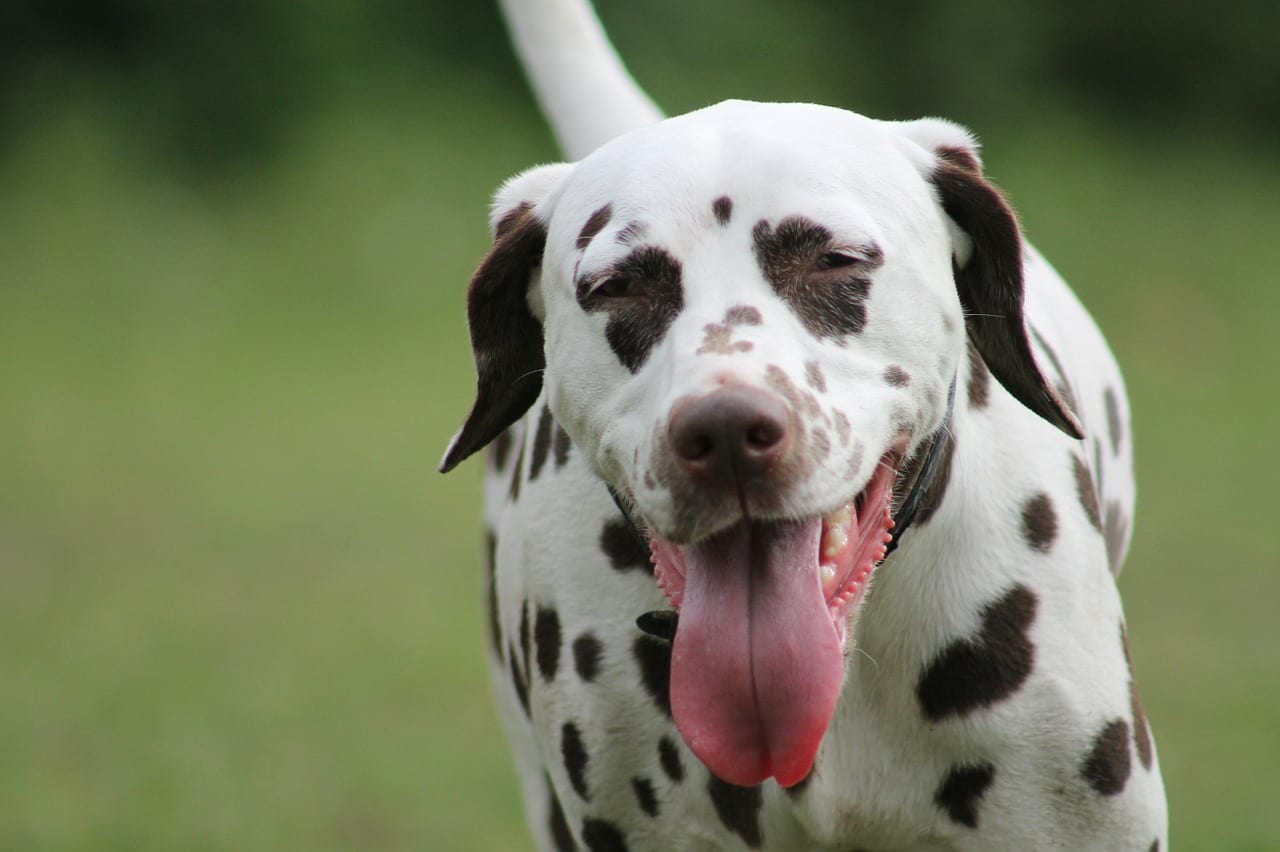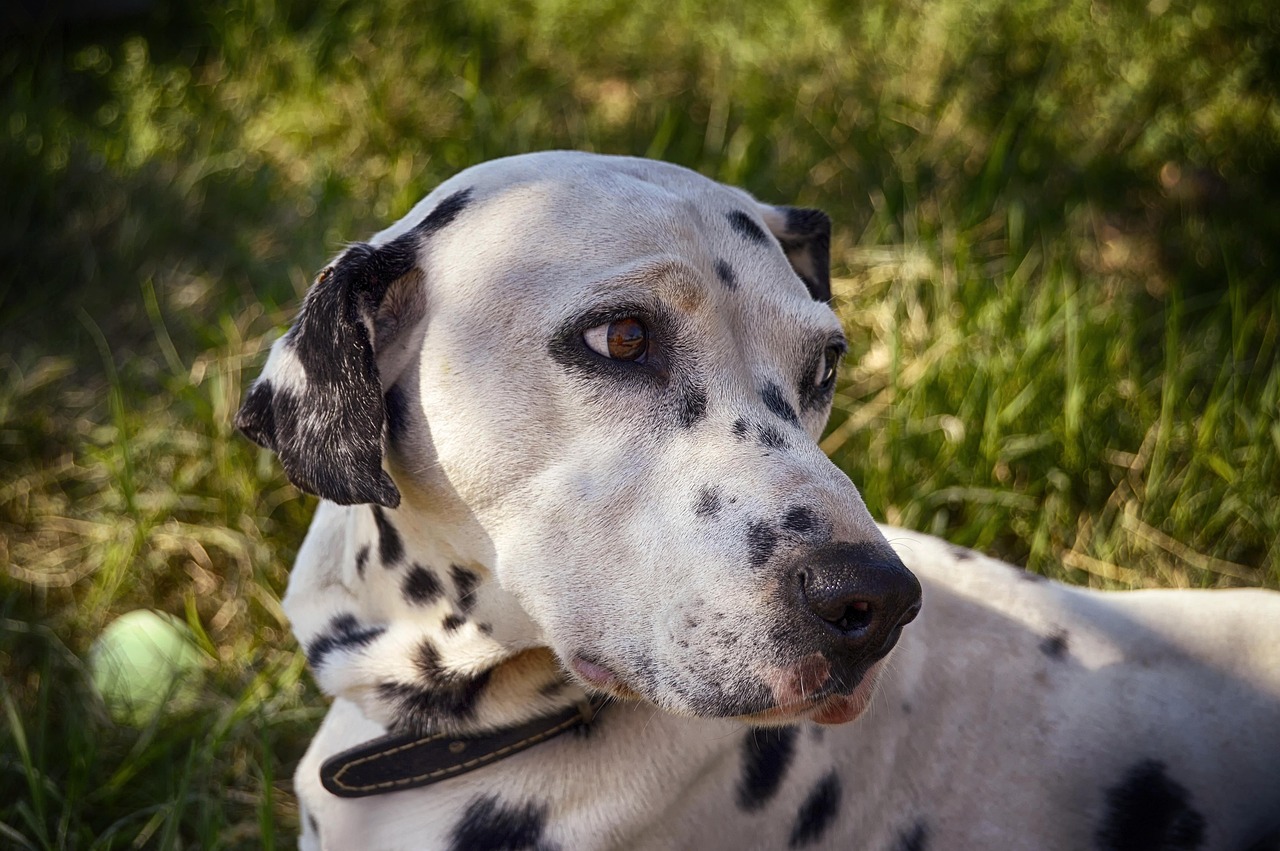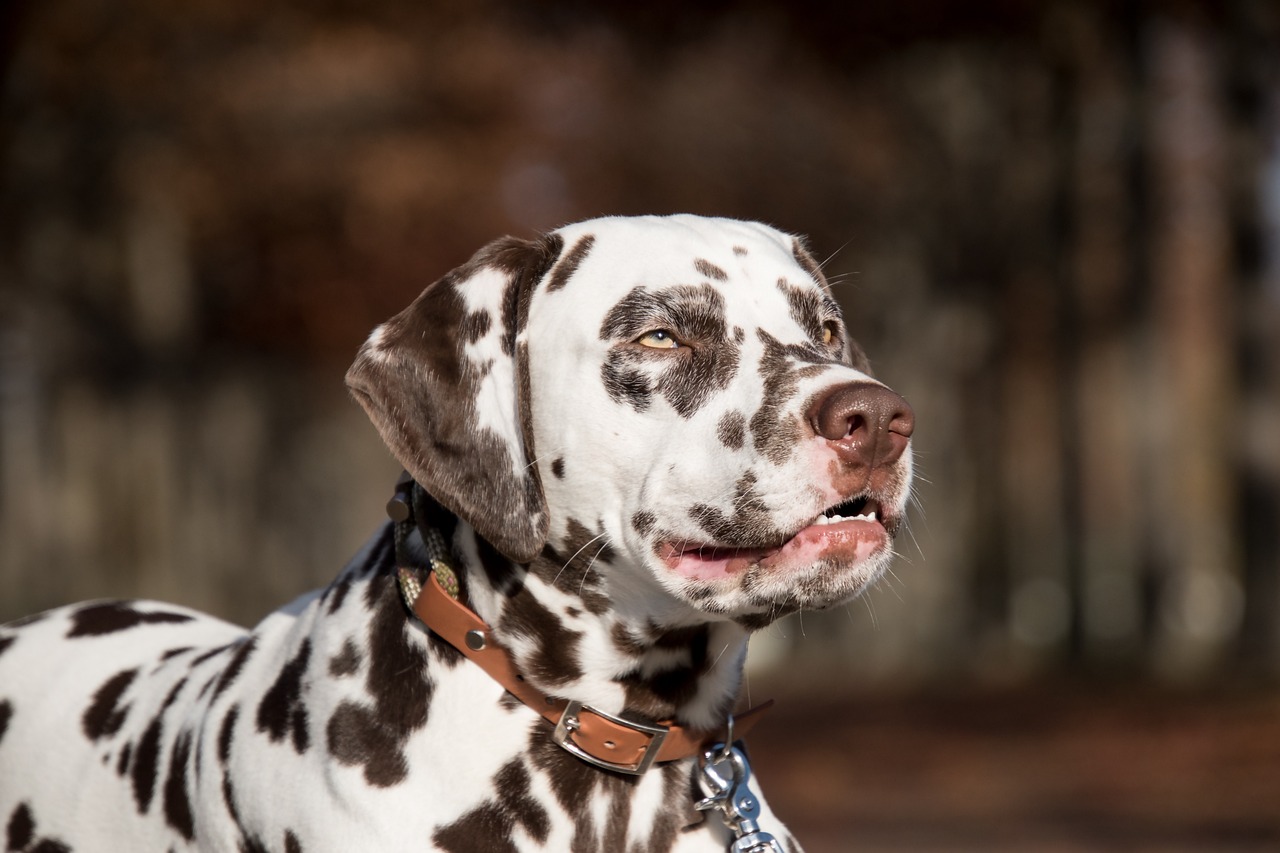Dalmatian
Showing the single result
Shelter Dog Meal Donation Count:
Showing the single result
Dalmatians are as energetic and vibrant as they are distinctive in appearance. Historically used as carriage dogs, they have a strong, muscular build and enduring stamina.

The breed’s exact origins are unclear, but they are believed to have roots in the historical region of Dalmatia in modern-day Croatia. They gained popularity in England as carriage dogs and later as firehouse mascots.




Common health issues include deafness, urinary stones, and skin allergies. Regular health screenings and genetic testing for deafness are recommended.
Their short coat requires minimal grooming, but they are heavy shedders. Regular brushing can help manage shedding.
Dalmatians have high energy levels and need plenty of exercise. Daily long walks, runs, and playtime are essential.
Intelligent but sometimes stubborn, they respond well to positive reinforcement training methods. Early socialization is essential to develop a well-rounded temperament.
A balanced diet suitable for their age, size, and activity level is crucial. Particular attention might be needed for their diet to prevent urinary issues.
The Dalmatian is a delightful and unique breed, perfect for active families or individuals. They thrive when given ample exercise, love, and attention. A Dalmatian can be a joyful and loyal addition to any home with proper care, training, and nutrition.
Dalmatians, known for their distinctive appearance and energetic temperament, are generally healthy but can be prone to specific health issues. Owners must be aware of these potential problems and consider appropriate health testing. Here's a list of common health issues in Dalmatians and the recommended tests for these conditions:
While Dalmatians are generally healthy and active dogs, being proactive about their health through regular veterinary care and specific screenings can help catch and manage these common issues early. A well-cared-for Dalmatian with proper diet, exercise, and preventive health measures can enjoy a long, happy life as a cherished family member.
The iHeartDogs Free Rx Discount Card Program is a pet prescription discount card that can help you save money on your furry friend’s medications. The card is free to sign up for, and you can use it at participating pharmacies nationwide. To use the free program, simply show the card to your pharmacist when you pick up your pet’s prescription. The pharmacist will then scan the card, and you will receive a discount on the price of the medication.LEARN MORE
The annual cost of caring for a Dalmatian can vary depending on various factors, such as your location, the dog’s individual needs, and the standard of care you choose to provide. Here’s a breakdown of the typical expenses involved in caring for a Dalmatian:
Total Estimated Annual Cost:
$2100 - $5400
It's important to note that these figures are estimates and can vary. Also, the first year of owning a dog can be more expensive due to one-time costs like spaying/neutering, initial vaccinations, and training. Regular budgeting for your dog's needs and an emergency fund for unforeseen costs are essential for responsible pet ownership.